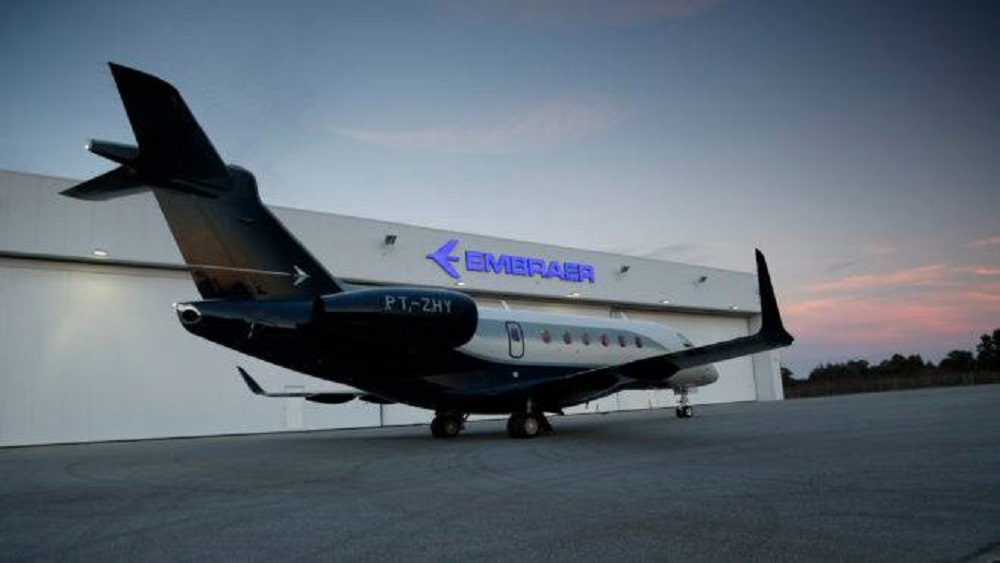RIO DE JANEIRO, BRAZIL – Embraer carried out the first test of an autonomous aircraft in Brazil: it is a Legacy 500 jet that can perform taxiing operations on its own, crossing the runway of an airport without human involvement.
Ufes (Federal University of Espírito Santo), which has been conducting research on self-driving cars for ten years, is involved in the project.

Initially, Embraer used the autonomous terrestrial navigation system inside a simulator.
Then, in the last week of August, an adapted Legacy 500 traveled a previously established route at the Gavião Peixoto Aerodrome, in the interior of São Paulo. The test was released this Tuesday, October 8th.
The aircraft’s laser sensors, GPS and cameras are used by the autonomous system to guide it along the runway without human assistance. There was a pilot in the cabin to intervene in the event of something going wrong, but the test was successful.
“The integrated artificial intelligence system monitored the external and internal conditions of the aircraft, acting independently on the acceleration, steering and braking commands, and accurately executed the operation along the indicated route,” explains Embraer in a statement.
Aviation companies such as Boeing have been pursuing autonomous taxiing for several years.
This could be a way to increase the efficiency of aircraft within an airport, saving fuel and reducing CO2 emissions; it is estimated that aircraft are responsible for three percent of global emissions of greenhouse gases.
Ufes develops IARA for autonomous cars
The Embraer system uses parts of the IARA (Intelligent Autonomous Robotic Automobile) platform, designed for autonomous cars and developed by the High-Performance Computing Laboratory (LCAD) of Ufes.
IARA has been under development since 2009. In 2017, a Ufes autonomous vehicle using this platform traveled 74 km between the cities of Vitória and Guarapari; there was a driver at the wheel, who took the wheel on a few occasions, such as when facing a traffic light in the flashing yellow mode.
The LCAD team consists of teachers and students from the Computer Science, Computer Engineering, Electrical Engineering, and Computer Technology courses at the university. The project is financed by CNPq, Capes, Finep and Fapes (Espírito Santo Research Support Foundation).
Source: Tecnoblog

